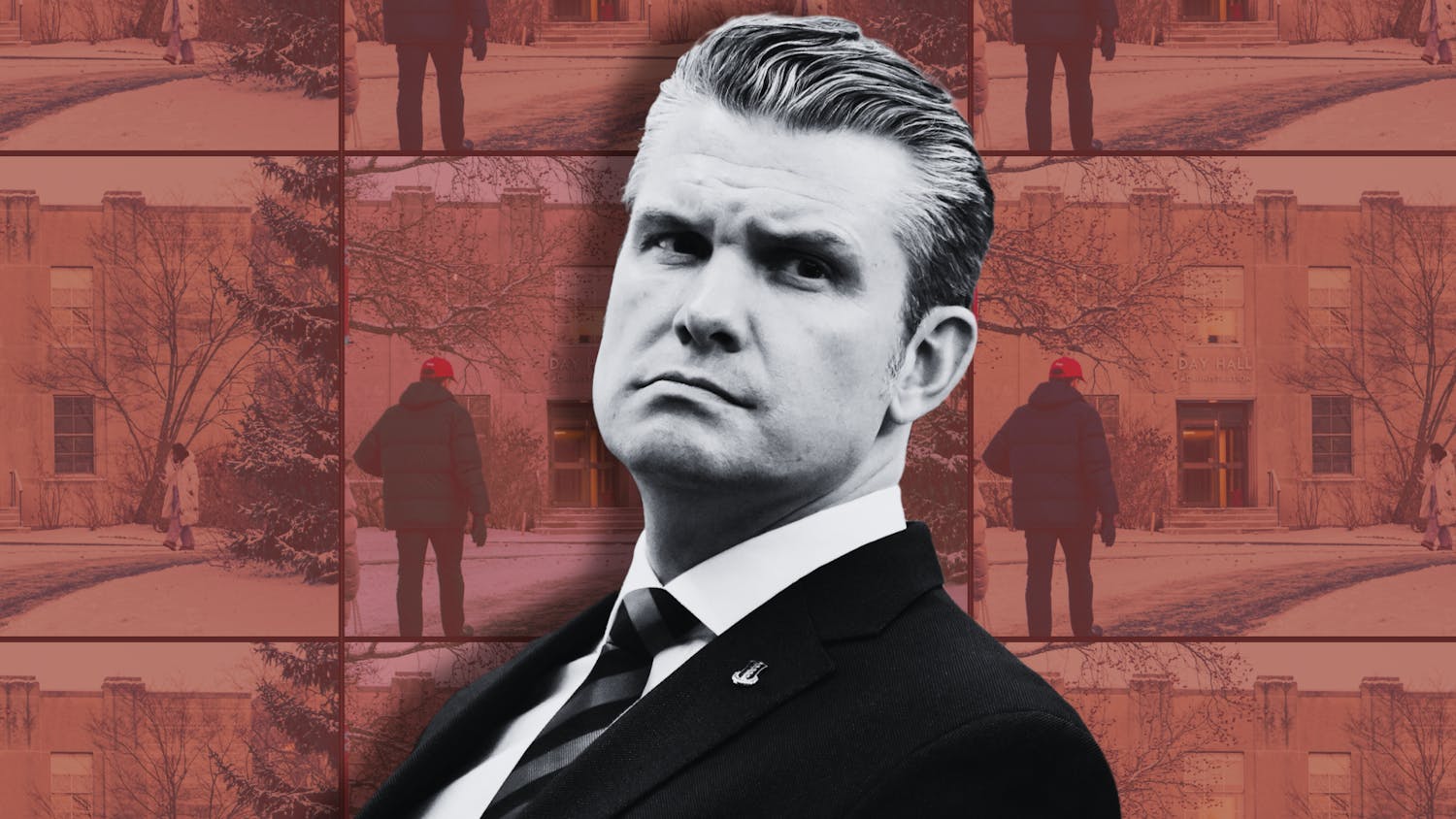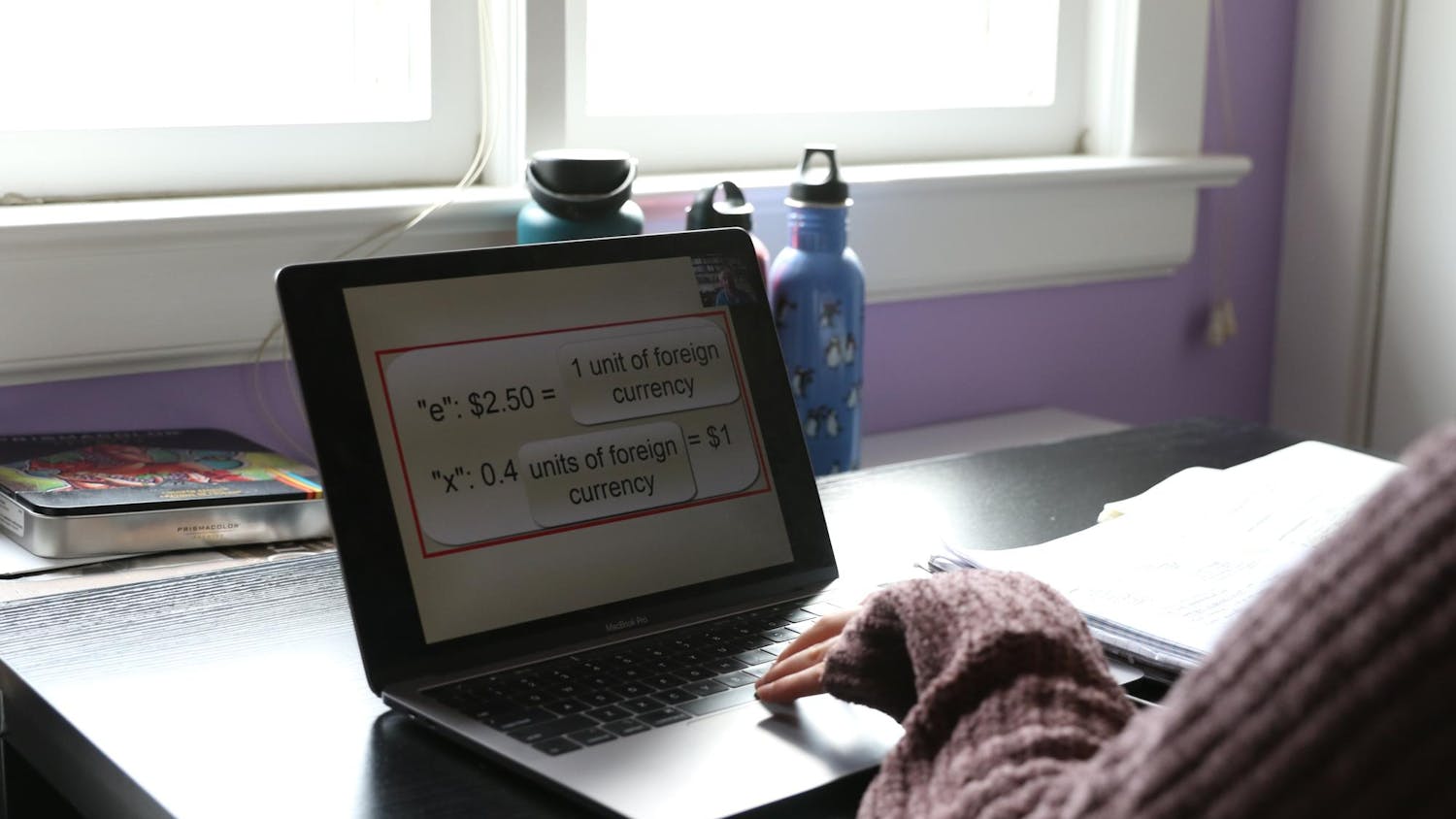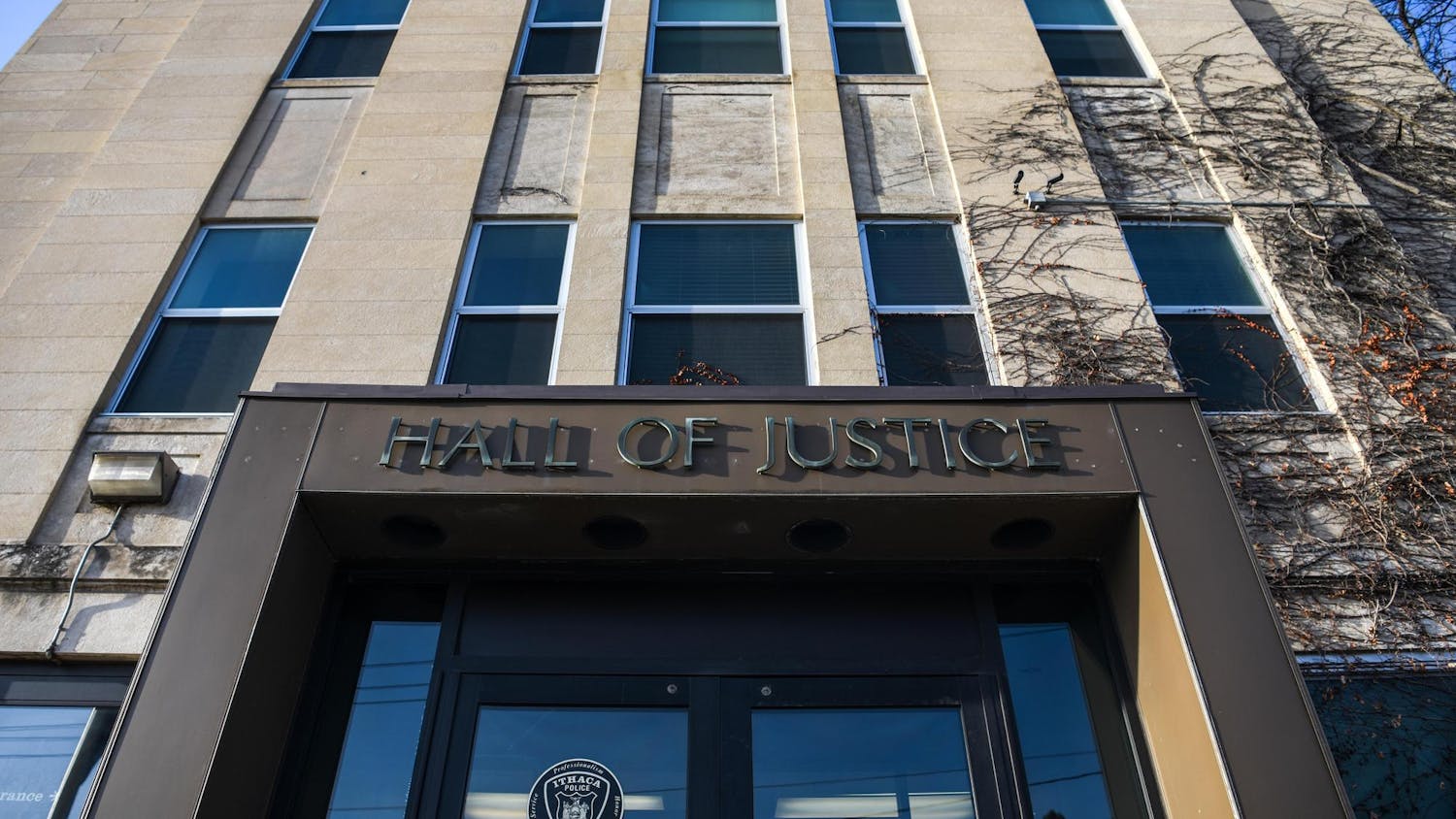As former President Donald Trump readies to reclaim the Oval Office in January, Cornell’s international community faces an uncertain and unsettling future. With the looming threat of new travel bans and stricter immigration policies, students, faculty and staff from around the world are grappling with the stress and anxiety of what the next four years may bring.
On Nov. 26, the University’s Office of Global Learning urged the international community in an advisory statement to prepare for potential immigration changes during Trump’s second term. The advisory detailed nine points of guidance in preparation for a likely travel ban and increased visa scrutiny, including gathering “evidence” of international students’ “connection to Cornell,” as well as bringing “additional paperwork demonstrating [their] purpose at Cornell.”
Cornell specifically identified citizens from countries targeted during Trump’s first presidency — Iran, Libya, North Korea, Syria and Somalia — as likely to face renewed restrictions. The office also warned that additional countries such as China and India could be added to the list, as well as Kyrgyzstan, Nigeria, Myanmar, Sudan, Tanzania, Yemen and Venezuela.
International students from these countries were advised to “return to Ithaca before the semester begins on January 21, 2025,” emphasizing the importance of timely travel arrangements and proper documentation.
Darin Lee ’28, an international student from Hong Kong, raised concerns over his place in the United States post-grad.
“I am especially scared of the potential anti-China policies that the Trump administration may impose, which could affect my chances of finding internships and securing long-term employment in the U.S. after graduation,” Lee said.
Cornell’s advisory also addressed undocumented and Deferred Action for Childhood Arrivals students, offering resources and support through the student support office.
Many international students are fearful of what the future holds.
“The unpredictability is the worst part of it all,” Lee said. “Although it’s great that Cornell is publishing resources to support international students, I feel like more hands-on support is necessary to help us navigate these uncertain times.”
Other international students feel reassured by Cornell’s early steps to prepare those who may be affected by possible immigration changes.
“As a student from Singapore, I really appreciate Cornell looking out for international students by asking [them] to come earlier," Katelyn Yang ’28 said. “It’s reassuring to see the University being proactive, especially with the challenges caused by the Trump administration’s policies.”
When asked for a statement on how the potential immigration changes might affect Cornell's international students and the steps the University will take to support them, Cornell's media relations team directed The Sun back to the advisory statement.
Colleges across the country have shared similar concerns about Trump's proposed immigration policies.
The University of Massachusetts Amherst warned “all students and staff who are traveling internationally over the winter break to plan to return to the United States before President-elect Donald Trump is inaugurated on Jan. 20, 2025,” according to Mass Live.
Several other institutions with high international enrollment — including Yale University, Massachusetts Institute of Technology and New York University — have sent guidance to international students about how to prepare for the transition or are bolstering resources for them, according to Higher Ed Dive.
According to Yale Daily News, at Yale University, the office of international students and scholars hosted a webinar to field concerns from students about potential immigration policy shifts.
Still, worries persist for Cornell’s international students, who comprise 26 percent of the student body.
“Many international students stand at a crossroads, navigating an environment of heightened uncertainty,” Yang said.

Kristie To is a member of the Class of 2028 in the College of Agriculture and Life Sciences. Kristie is a senior writer for the News department and can be reached at kto@cornellsun.com.











